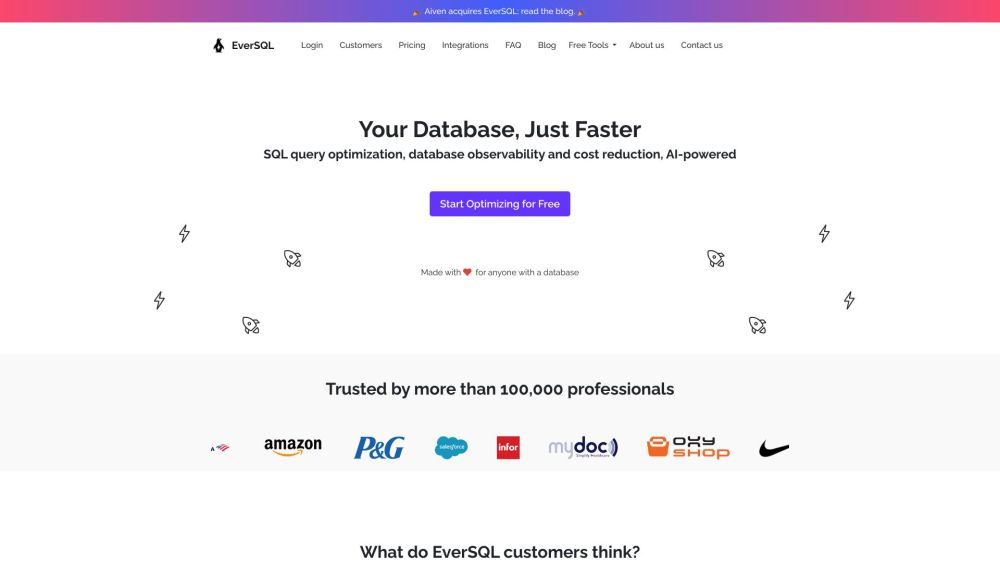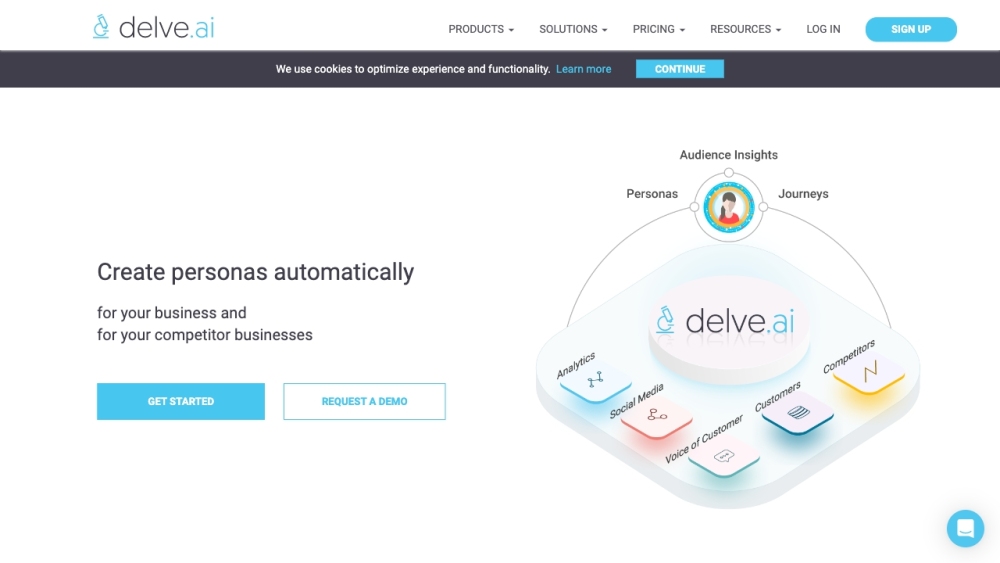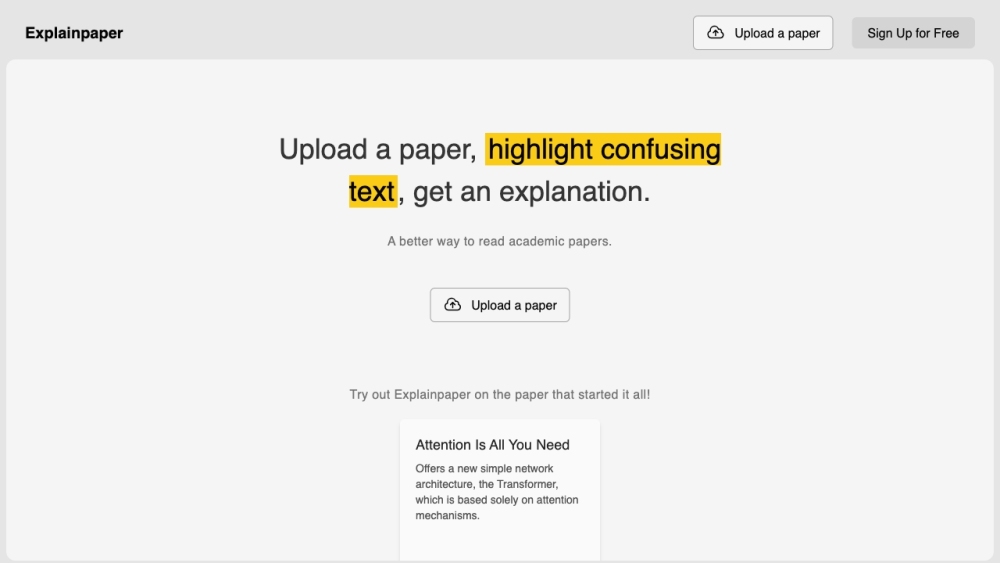Sony Music Issues Warning to Tech Companies About Unauthorized Use of Its Content for AI Training
Most people like

Introducing the AI-Powered SQL Query Optimizer: Revolutionize your database performance with our cutting-edge tool designed to enhance SQL query efficiency. By leveraging advanced artificial intelligence techniques, our optimizer analyzes and fine-tunes your queries, ensuring faster data retrieval and improved overall productivity. Unlock the full potential of your database and streamline your operations with our innovative solution.

Discover how Delve AI creates detailed buyer personas through data analysis, offering valuable insights into customer preferences and behaviors.

Boost Your Reading Experience with Our Text-to-Speech Extension
Discover a new way to engage with your reading materials through our innovative text-to-speech extension. Designed to enhance comprehension and accessibility, this tool transforms written content into clear, natural-sounding audio. Whether you’re studying, working, or simply enjoying a book, our extension makes reading easier and more enjoyable. Unleash the power of auditory learning and elevate your reading experiences today!

Are you struggling to understand complex sections in research papers? You're not alone! Many readers find themselves puzzled by dense language and intricate jargon. This guide will clarify these confusing texts, breaking down challenging passages and making them more accessible. By demystifying the language of research, we aim to enhance your comprehension and engagement with scholarly articles. Let’s dive in and uncover the insights hidden within these papers!
Find AI tools in YBX
Related Articles
Refresh Articles
